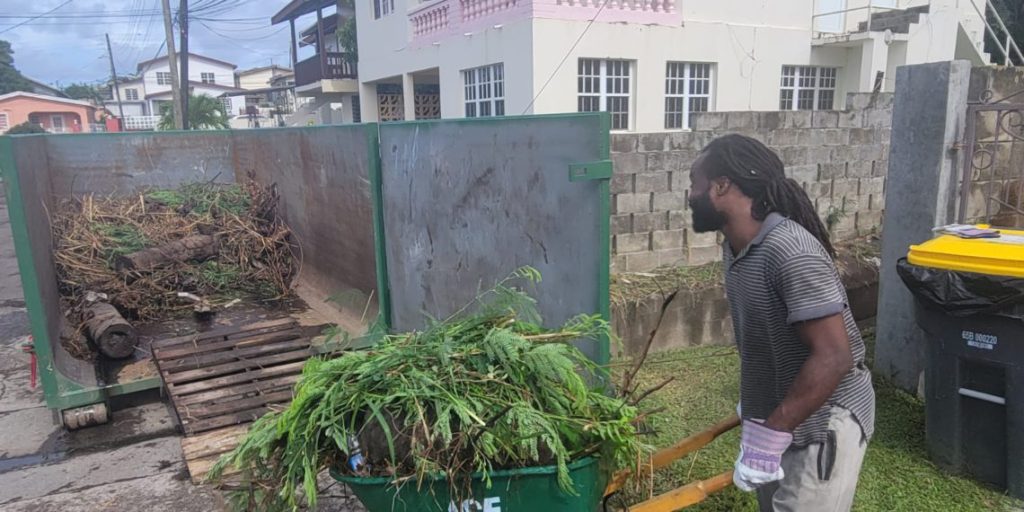Potential Impact of New US Trade Tariffs on St. Kitts and Nevis Discussed by Senior Minister Dr. Denzil Douglas.
The small island nation of St. Kitts and Nevis finds itself grappling with the potential ramifications of recently announced trade tariffs by the United States. Senior Minister and Minister of Foreign Affairs, Dr. Denzil Douglas, addressed the nation’s concerns, highlighting the potential for increased prices on imported goods and extended shipping delays. While the Federation doesn’t currently export substantial volumes to the US, its heavy reliance on American imports makes it particularly susceptible to shifts in US trade policy. This vulnerability underscores the intricate interconnectedness of the global economy and the challenges faced by smaller nations navigating the complexities of international trade.
Historically, St. Kitts and Nevis benefited from the Caribbean Basin Initiative (CBI), a trade agreement established during the Reagan administration. The CBI facilitated tariff-free access to the US market for goods manufactured in the Caribbean, significantly bolstering the region’s manufacturing sector. This preferential treatment fostered economic growth and strengthened trade ties between the US and Caribbean nations. However, the landscape has shifted over time, and the recent tariff announcements signal a departure from the previously favorable trading conditions enjoyed by St. Kitts and Nevis. This change poses a significant challenge to the island nation, forcing it to adapt to a new economic reality.
Dr. Douglas explained that the majority of goods consumed in St. Kitts and Nevis are imported through US ports like Miami, St. Thomas, and New York. Consequently, tariffs imposed on goods from countries trading with the US are likely to translate into higher prices for these imported items in St. Kitts and Nevis. This price escalation compounds the existing challenge of rising living costs, a concern further aggravated by the ongoing global economic uncertainties. The cumulative effect of these factors paints a concerning picture for the Federation’s economic outlook.
The impact of these tariffs extends beyond mere price increases. Dr. Douglas also foresees potential disruptions to the supply chain, leading to extended shipping times. The COVID-19 pandemic already strained global logistics, causing significant delays in the delivery of goods. The new tariffs threaten to exacerbate these existing delays, further disrupting the flow of essential goods into St. Kitts and Nevis. This combination of rising prices and prolonged shipping times poses a double threat to the Federation’s economy and the well-being of its citizens.
While acknowledging the challenges ahead, Dr. Douglas highlighted the international community’s resistance to the US tariff policies. He cited Canada’s recent success in securing a temporary suspension of tariffs on Canadian goods following diplomatic pressure. This example offers a glimmer of hope for smaller nations like St. Kitts and Nevis, suggesting that concerted diplomatic efforts could mitigate the negative impacts of these trade policies. The Federation’s vulnerability necessitates a proactive approach to international engagement, leveraging diplomatic channels to protect its economic interests.
The situation faced by St. Kitts and Nevis serves as a microcosm of the broader challenges confronting small island developing states in the globalized economy. Their dependence on international trade and vulnerability to external shocks underscore the importance of international cooperation and the pursuit of equitable trade practices. As St. Kitts and Nevis navigates these turbulent waters, its experience highlights the need for a global trading system that considers the unique circumstances and vulnerabilities of smaller economies. The Federation’s future economic stability hinges on its ability to adapt to evolving global trade dynamics and effectively advocate for its interests on the international stage. The unfolding situation underscores the critical role of diplomacy and international collaboration in safeguarding the economic well-being of vulnerable nations.
Share this content:










Post Comment